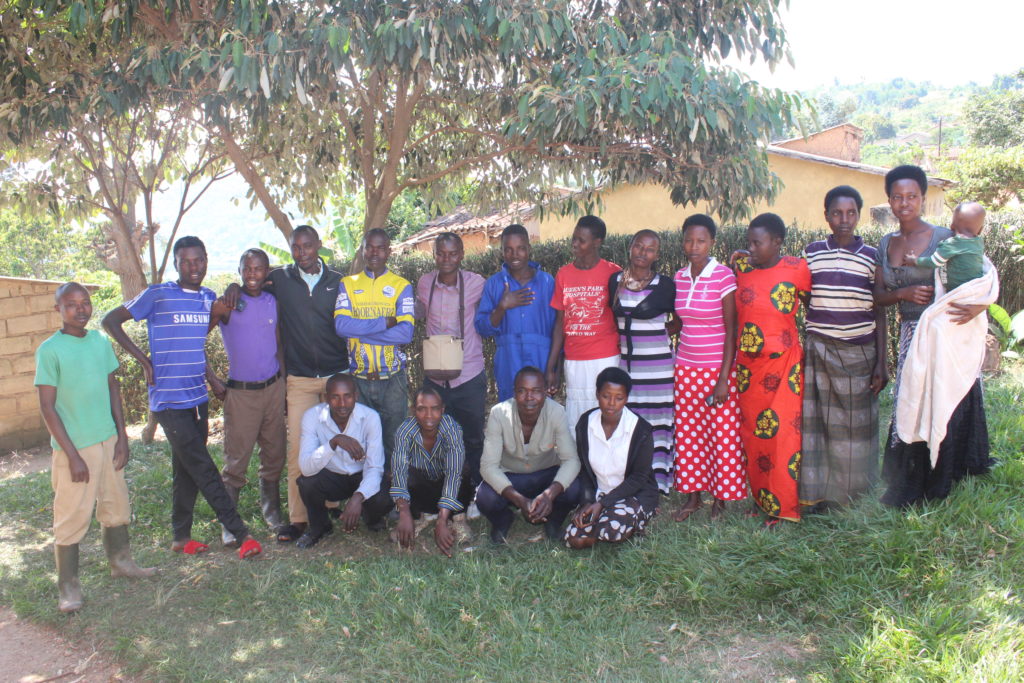
Everyone who has ever lost someone dear to them knows how awful anniversaries can be. Each survivor of the 1994 Rwandan genocide is handling the pain and loss in their own way; some attend public events commemorating the 25th anniversary, while others grieve privately.
Paying tribute to family members can be especially hard when the graves of loved ones are unknown. Survivors may have been so young when the genocide happened that they remember little of their parents, or they don’t even know the name their mother and father gave them. That is a legacy none of us would want.
On a more practical level, many genocide orphans were cheated out of their parents’ property, leaving them destitute and facing life alone. Finding a home, education and health care became major challenges for hundreds of thousands of young people and children.
Equipping Survivors to Manage Psychological Issues
Whatever their circumstances, it is absurd to expect the emotional wounds to have healed. That is why Network for Africa focuses on equipping survivors to manage the lingering psychological issues they face. With a helping hand, we have seen them rebuild their lives.
On the 25th anniversary of the start of the genocide, we were sent these messages from Rwandan friends:
“You have been with us all along. We appreciate you and your contribution to the healing and rebuilding of Rwanda. Thank you.”
“Thank you for your love.”
“I value everything you do for us. I never take it for granted, and I will never forget your help.”
Please help Network for Africa to continue our vital work by making a donation. Thank you.